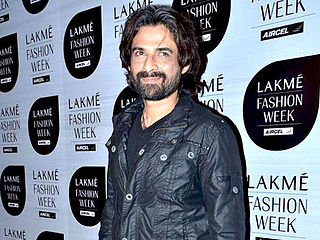A Quote by Ransom Riggs
I love building out the worlds of my fiction with fictional books.
Related Quotes
What writers of fantasy, science fiction, and much historical fiction do for a living is different from what writers of so-called literary or other kinds of fiction do. The name of the game in F/SF/HF is creating fictional worlds and then telling particular stories set in those worlds. If you're doing it right, then the reader, coming to the end of the story, will say, "Hey, wait a minute, there are so many other stories that could be told in this universe!" And that's how we get the sprawling, coherent fictional universes that fandom is all about.
One of the things that makes characters real is details. Life offers a lot of details. You just have to choose and use them wisely. When you give them to fictional people and a fictional story, their purpose and their meaning changes, so it's best to see the version in the book as fiction entirely, wherever it started out.
Comedy is like fictional charm. It's the charm of fiction. Or the charisma of fiction. When you meet somebody who's immediately charismatic, you're attracted to that person. And in fiction it's got to come out in either one of two ways: in the prose itself, and you're hooked immediately because you never want to leave such a colorful and penetrating world. Or, it's simply being a funny writer.
Writing fiction is not a profession that leaves one well-disposed toward reading fiction. One starts out loving books and stories, and then one becomes jaded and increasingly hard to please. I read less and less fiction these days, finding the buzz and the joy I used to get from fiction in ever stranger works of non-fiction, or poetry.
Distribution may not matter in fictional worlds, but it matters in most. The Field of Dreams conceit is especially popular in Silicon Valley, where engineers are biased toward building cool stuff rather than selling it. But customers will not come just because you build it. You have to make this happen, and it's harder than it looks.
And now good morrow to our waking souls, Which watch not one another out of fear; For love, all love of other sights controls, And makes one little room, an everywhere. Let sea-discoverers to new worlds have gone, Let maps to other, worlds on worlds have shown, Let us possess one world, each hath one, and is one.





































